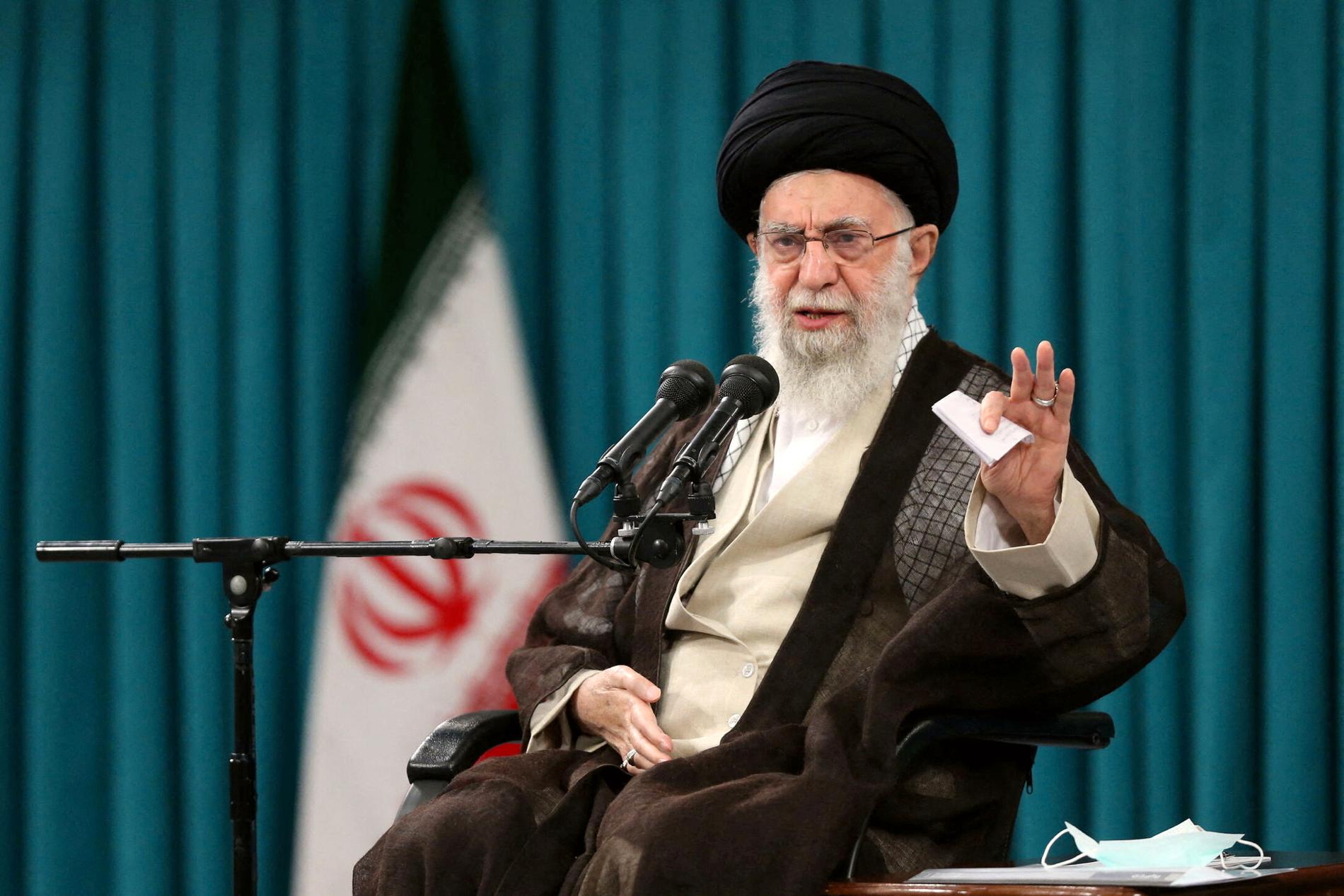
Several Western media quoted the Iranian Public Prosecutor, on Sunday afternoon, as saying that the controversial morality police will be closed, after mass demonstrations in the country this fall.
VG was among the newspapers that quoted Iran’s Attorney General Mohammad Jafar Montazeri, who spoke during a religious conference on Saturday night. He should have said the morality police would shut down, According to statements reported by the Associated Press and Agence France-Presse.
Later, several Iranian media outlets, including state-owned Al-Alam TV, rejected this claim:
– Some foreign media are trying to portray the Attorney General’s words as a withdrawal from the Iranian Republic in matters of hijab and silence, he writes world on Sunday night.
The TV channel wrote that Jaafar Montazeri was misquoted, and that he should have instead been talking about the morality police “resigning” from the patrols during the last time.
Iran’s morality police are controversial, and enforce, among other things, strict rules on how women should dress.
The past few months in Iran have witnessed large demonstrations after that Mohsa Amini, 22, died in the custody of the morality police. The demonstrations also spread to large parts of the rest of the world, including Norway.
The Iranian authorities cracked down on the wave of protests. The United Nations estimates that about 14,000 people were arrested during the fall, and human rights organizations claim that about 400 were killed.
– I didn’t believe it for a second
Sharam Al-Ghasi, a professor in the Department of Communication at Christiania University College, follows developments in Iran closely.
When I heard the news over the weekend, I didn’t believe it for a second. It is typical for the Iranian regime to have so many different bodies of power that it feels completely confusing, he tells VG.
– However, nothing is decided before the spiritual leader or the Revolutionary Guard agrees to it, which we did not witness in this case, as the professor points out.
Ayatollah Ali Khamenei, a religiously conservative, has been Iran’s supreme leader since 1989. Two weeks ago He praised Iran’s Revolutionary Guards for “confronting the riots”. in the country, despite criticism from the outside world.

Schramm Al-Gassi believes the regime had a deliberate communication strategy over the weekend, a desire to cause confusion without actually any substantive change.
– So the Iranian morality police did not finish?
The moral police are far from finished. This is about their ideology and I would be shocked if they made such concessions. We can’t expect them to stick to their principles, he says.
Marianne Hafnor-Boy, an Iran specialist and professor of religious studies at the University of Stavanger, believes the case shows there is confusion about the prosecutor’s letter.
The professor points out that the moral police is a relatively new institution, since around 2006, and that it was not an original part of the country’s Islamic Republic.
– They (the morality police, editor’s note) haven’t been patrolling lately, and there are many indications of an internal debate about what will happen to them in the future, she tells VG.

“Organizer. Social media geek. General communicator. Bacon scholar. Proud pop culture trailblazer.”

